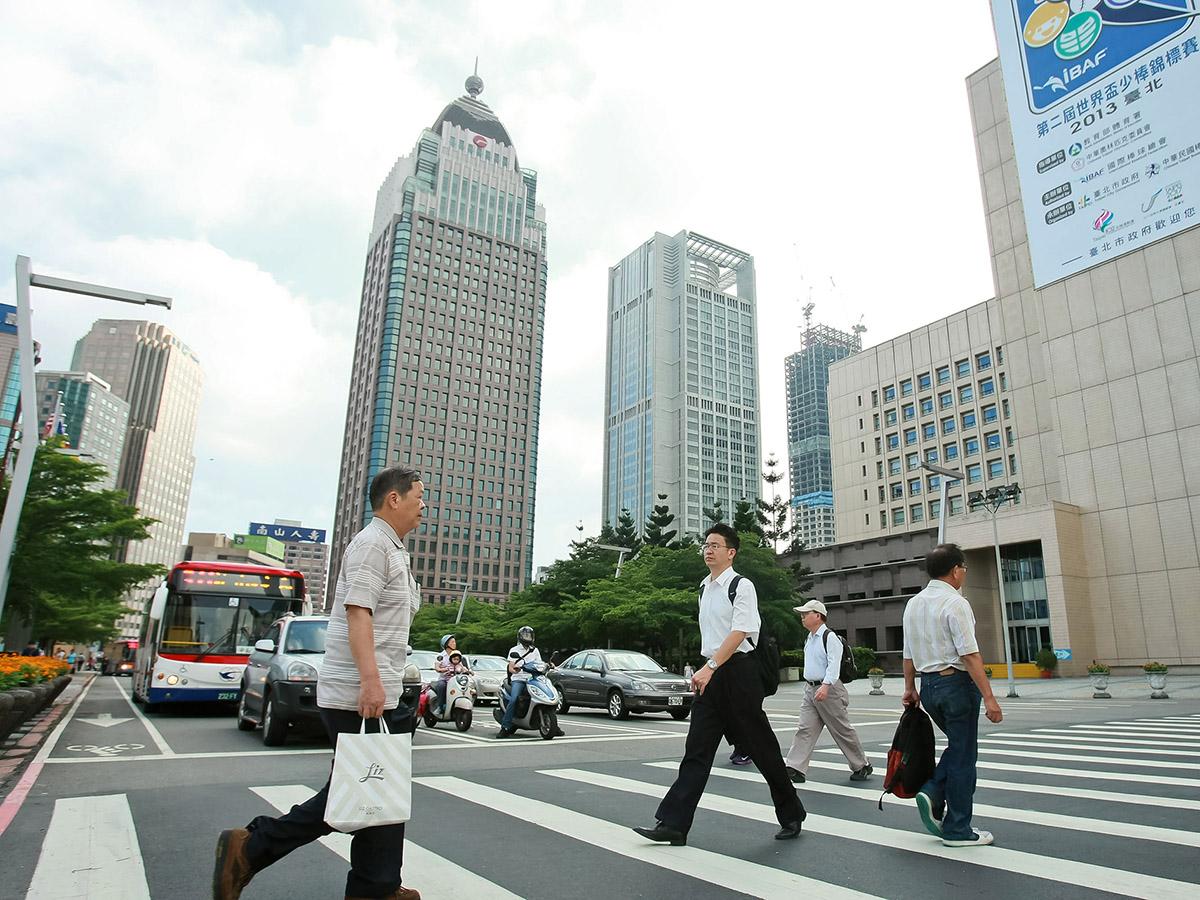The relationship between the US and China remain precarious while India’s economy is sliding. Meanwhile, Taiwanese shares are outperforming other emerging markets, and Russia’s MSCI index is leading global stock markets in 2019.
China
The US-China trade war continues to experience its ups and downs. Every time US President Donald Trump or Chinese President Xi Jinping declare progress, news of a setback follows closely behind. Naturally, the effect on each nations’ stock markets are being closely monitored by global traders.
For stock market traders and investors, this is the new normal. This status quo is simply being built into their risk management strategies, despite the trade war causing a $35bn dip in US imports from China, according to research by from the United Nations Conference on Trade and Development (UNCTAD). Meanwhile, 81% of global investors are set to increase their China stock exposure over the next year either significantly (41%) or moderately (40%), while just 5% said they plan to reduce their allocation, a report written by the Economist Intelligence Unit and commissioned by Invesco found.
81%
of global investors set to increase their China stock exposure over the next year
Among the 411 investors and institutions surveyed – each of which has $500m to $10bn under management – the top concern was not trade negotiations, but a "lack of transparency in the financial system for foreign investors”. Investors were split over whether trade tensions would have a positive or negative impact on their investment decisions ─ with 42% saying it would be positive, and 43% negative.
Despite the survey uncovering an overall bullish stance for both China and the US, the trade war is undoubtedly causing growth to slow in the world’s two largest economies, and is having a ripple effect on the global economy, including emerging markets. “A lose-lose trade war is not only harming the main contenders, it also compromises the stability of the global economy and future growth,” Pamela Coke-Hamilton, director for the Division on International Trade and Commodities at UNCTAD, said earlier this month.
“A lose-lose trade war is not only harming the main contenders, it also compromises the stability of the global economy and future growth” - UNCTAD Director Pamela Coke-Hamilton
India
India’s stock market has been one of the worst performers in 2019, with the Invesco India ETF’s price having gained just 2.6% YTD up to 15 November. Its slow progress is in line with India’s wider economic slowdown, with GDP growth slumping to a six-year low of 5% in the quarter ending June 2019.
The poor economic outlook served as a key factor in ratings agency Moody’s decision to downgrade India’s credit rating outlook from stable to negative on 7 November - a few days later, the agency went on to downgrade its global sovereign outlook for 2020 to negative. Emerging markets investor Mark Mobius – founding partner of Mobius Capital Partners and a long-term India bull – described the move by Moody’s as “erroneous” however.
“I don’t think it was called for because I see tremendous growth coming in India going forward… I believe that a lot of the reforms are going to really begin to kick in and have a big impact on the economy going forward,” he told CNBC.
“I don’t think it was called for because I see tremendous growth coming in India going forward… I believe that a lot of the reforms are going to really begin to kick in and have a big impact on the economy going forward” - Mobius Capital Partners founding partner Mark Mobius
The sentiment was shared by DSP Merrill Lynch, which argued that India could experience “a shallow recovery in early 2020”. Economists at the firm say they see the current slowdown as “cyclical rather than structural”.
Taiwan
As the world’s 21st largest economy, Taiwan doesn’t normally make the list of key emerging markets for traders to look out for. But as China is hit by the trade war and Hong Kong’s economy begins to see the negative effect of increasingly violent confrontations between protestors and the police, Taiwan appears to be reaping the benefits.
The Taiwan Stock Exchange Corporation (TSEC) Weighted Index has gained 18.48% in 2019 up to 15 November, closing at an all-time high price of 11,653.07 points on 6 November. The iShares MSCI Taiwan Capped ETF is meanwhile up 20% over the past 12 months. By comparison, over the same period, the US S&P 500 gained 14.28% while the S&P China 500 climbed just 12.49%, according to data provided by Koyfin.
Taiwanese stocks to watch out for include the country’s two largest-capped companies. Taiwan Semiconductor Manufacturing Company [TSM] has gained 13.47% since the start of October (up to 15 November close) and Foxconn – also known as Hon Hai Precision Technology [2317.TW] – is up 23% in the same period.
Russia
Like Taiwan, Russian stocks have shown strong gains in 2019, having outpaced every other major stock market globally – the iShares MSCI Russia Capped ETF was up 40.6% through 2019 up to 15 November.
The gains are a strong contrast to 2018, during which the MSCI Russia closed the year down by more than -5% (a loss matched by the S&P 500).
Like the majority of emerging market indices, the MSCI Russia did, however, begin to slide in the second week of November after hopes for a US-China trade deal widely reported in the first week of November quickly gave way to inaction and new threats of escalation.
In response, the MSCI Russia fell 1.5% between 8 and 15 November, while the MSCI Taiwan fell 0.99%, and the S&P China 500 2.6%.
There are also concerns around the outlook for Russian markets in 2020. The country’s manufacturing sector in October “continued to register strong falls in output and new orders, with client demand declining at the sharpest pace since April 2009,” according to IHS Markit economist Sian Jones.
“Weak domestic and foreign demand conditions also weighed on output expectations for the coming 12 months, as business confidence slipped to the lowest since December 2017,” she added.
“Weak domestic and foreign demand conditions also weighed on output expectations for the coming 12 months, as business confidence slipped to the lowest since December 2017” - IHS Markit economist Sian Jones
One sure positive for traders of Russian stocks – including Gazprom [OGZPY] and Lukoil [LUKOY] – is their dividend yield. The average dividend yield across the MSCI Russia comes in at 7%-7.5%, while the MSCI Emerging Market Index average is just 3.3%.
Continue reading for FREE
- Includes free newsletter updates, unsubscribe anytime. Privacy policy





